Experts believe that the Philippines’ development of “golden rice” will aid in the fight against infant blindness and save lives in underdeveloped countries. After over two decades of research, the Department of Agriculture-Philippine Rice Research Institute (DA-PhilRice) and the International Rice Research Institute (IRRI) have developed the Golden rice.
In South and Southeast Asia, golden rice is the first genetically modified rice that has been approved for commercial propagation. Food safety inspectors in the United States, Canada, and Australia examined golden rice and approved it as a crop, but not for commercial production. Bangladesh is actively assessing the situation.
Rice, wheat, and soybeans, as well as fruits and vegetables, have an inherent “glitch” in the way they photosynthesize that causes the plants to soak up energy and resources, lowering output dramatically.
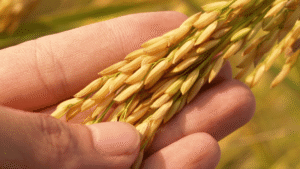
Golden Rice was created in partnership with the International Rice Research Institute (IRRI) by the Department of Agriculture-Philippine Rice Research Institute (DA-PhilRice) to have higher levels of beta-carotene, which the body converts to vitamin A.
One out of every five children in the Philippines’ poorest communities suffers from vitamin A deficiency (VAD), which affects an estimated 190 million children worldwide. The disease is the most common cause of childhood blindness and is linked to a weakened immune system.
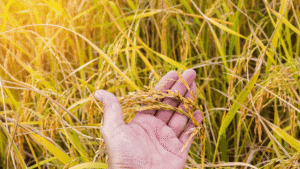
Beta-carotene is produced in the plant but not in the grain of normal rice. The golden rice has been designed in such a way that it produces beta-carotene in the grain, according to the researchers.
“This milestone places the Philippines in the global vanguard in utilizing agriculture research to address challenges of malnutrition and related health repercussions in a safe and sustainable way,” said Dr. Jean Balié, Director General of IRRI, a CGIAR research institute.

“The regulatory success of Golden Rice underscores the leadership of DA-scientific PhilRice and the robustness of the Philippine biosafety regulatory system,” he said. Environmental groups opposed to genetically modified food plants have been vocal in their opposition to golden rice.
Activists stormed at least one test site in the Philippines. Environmental groups such as Greenpeace have praised the likelihood of a broad GMO ban, along with a more fully-formed policy prohibiting the frequently used weed killer glyphosate.

Even though the rice has passed the final regulatory obstacle, it is still a long way from being served in meal bowls. DA-PhilRice has begun working with local partners to investigate market- and program-based solutions for bringing Golden Rice to areas where VAD and other micronutrient deficiencies are common.
It’s also increasing the amount of available seed and doing other chores that will help farmers get Golden Rice into their fields.
Also Read: Shift In The Cropping Pattern


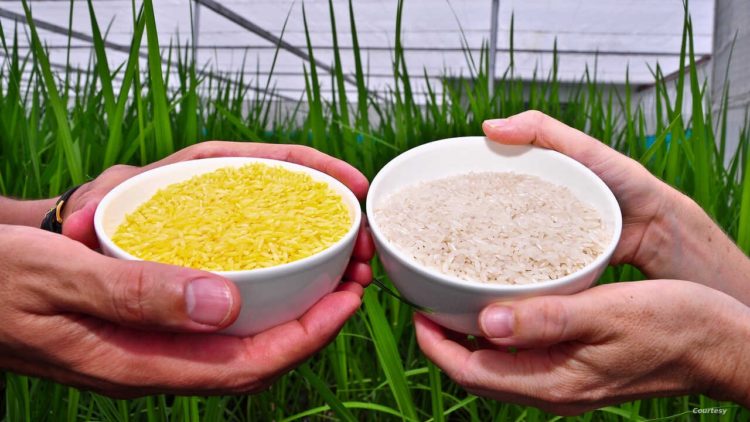



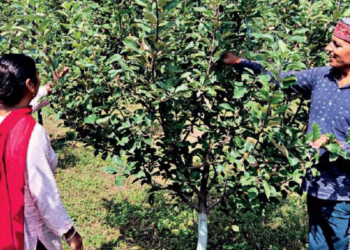





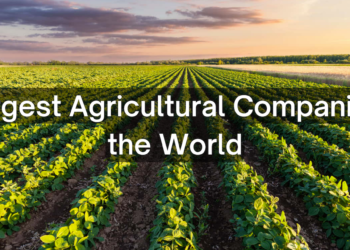

Comments 1